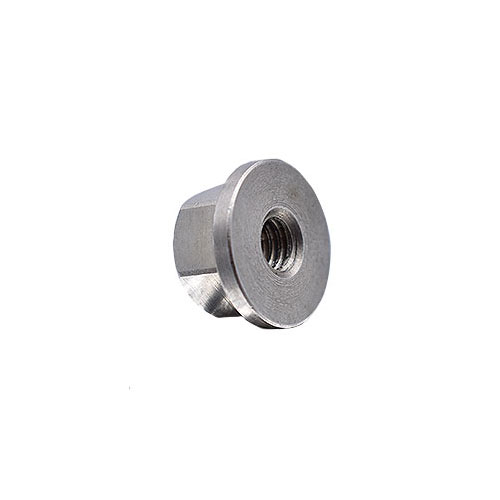Features and aspects of fastener nuts
2023-10-18
Fastener nuts are hardware components used to secure objects together by providing a threaded mating surface for a bolt or screw. Nuts are typically paired with bolts or screws to create a strong and reliable connection in various applications.
Here are some key features and aspects of fastener nuts:
1. Thread Types: Nuts are available in different thread types to match the corresponding bolt or screw. Common thread types include metric (such as M6, M8) and imperial. The thread type and size of the nut must match the corresponding bolt or screw to ensure proper engagement and secure fastening.
2. Nut Shapes and Designs: Nuts come in various shapes and designs to suit specific applications and provide enhanced functionality. Some common nut shapes include hex nuts (with six flat sides), square nuts, wing nuts (with two extended "wings" for hand-tightening), flange nuts (with a wider circular base), and lock nuts (designed to resist loosening due to vibration or torque).
3. Material Selection: Fastener nuts are available in a range of materials, each with its own characteristics and properties. Common nut materials include steel (carbon steel, stainless steel), brass, aluminum, and nylon. The material choice depends on factors such as the application environment, required strength, corrosion resistance, and cost considerations.
4. Nut Grades and Strength: Nuts are assigned different grades or classes that indicate their strength and performance capabilities. Common grading systems include metric grades (such as 4, 6, 8, 10) and SAE grades (such as 2, 5, 8). Higher-grade nuts are designed to withstand higher loads and provide greater tensile strength.
5. Locking Features: Some nuts include locking features to prevent loosening caused by vibration or torque. These locking features may include nylon inserts (nylon lock nuts), deformed threads (prevailing torque nuts), or specialized locking mechanisms like serrated flanges or distorted threads (such as prevailing torque lock nuts or all-metal lock nuts).
6. Applications: Fastener nuts are used in a wide range of industries and applications, including automotive, construction, machinery, electronics, aerospace, and more. They are employed to secure components, structures, equipment, and assemblies together, providing reliable and robust connections.
When selecting nuts for a specific application, it is essential to consider factors such as thread type, size, material compatibility, strength requirements, environmental conditions, and any specific needs like locking or prevailing torque features. Consulting with manufacturers, suppliers, or engineering professionals can help ensure the appropriate nut selection for optimal performance and safety.
Overall, fastener nuts are critical components in creating secure and durable connections. They work in conjunction with bolts or screws to provide robust fastening solutions in a wide range of industries and applications.



